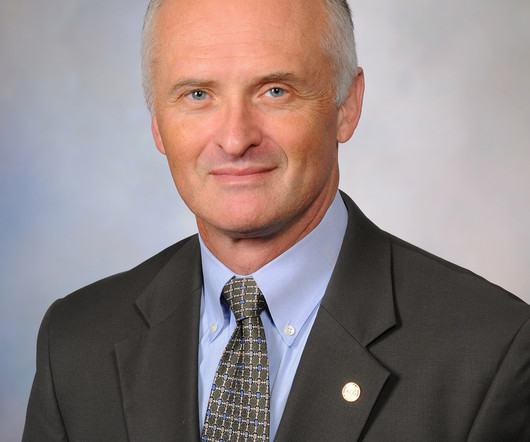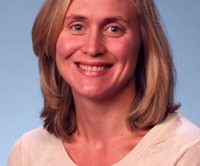Gastroenterology Board Meeting Summary | Spring 2025
ABIM
JUNE 30, 2025
The Specialty Board discussed the LKA in greater detail, as well as the use of artificial intelligence (AI) in assessment development and the integration of public members in ABIM Governance. Preliminary data gathered to date indicate that 92% of gastroenterologists are clinically active, with nearly half (46.7%) in private practice, 25.1%












Let's personalize your content